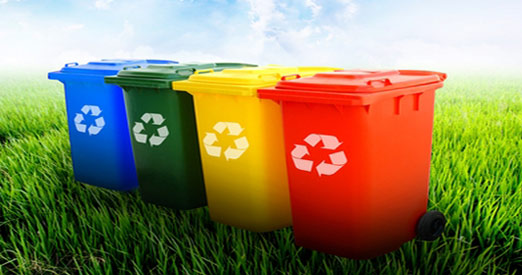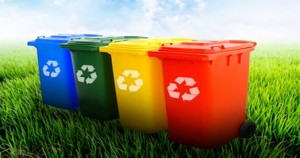Over the years, heaps of trash in Lagos constituted environmental threats. That may soon turn to be a blessing as the state plans to turn the heaps of rubbish around the metropolis into electricity which the city desperately lacks.
Lagos State is Nigeria’s commercial nerve; it is also one of the largest commercial cities in Africa, and as such its electricity demands far outweighs those of other cities.
According to a report, Lagos produces about 10,000 metric tons of waste per day. However, residents in the state manage only a few hours of electricity supply within a 24 hour window. The latent advantage to the large amount of waste generated in the state is that the methane produced from rotting waste is potentially a source of power.
In an interview with Reuters, Ola Oresanya, Managing Director, Lagos Waste Management Authority (LAWMA), said, “Energy is in demand, waste is a headache. If Lagos is able to convert its headache to feed that demand, then it’s becoming a smart city.”
The LAWMA boss anticipates completing the project in a five-year period, which would generate about 25 megawatt (MW) of electric energy. Though that 25MW constitutes just 1 percent of the 2,000 – 3,000MW of electricity that the state needs, Oresanya considers it a big step to solving the problem fully.
Nigeria is Africa’s top oil and gas producer; however, it is unable to generate adequate electricity to meet its domestic demands.



